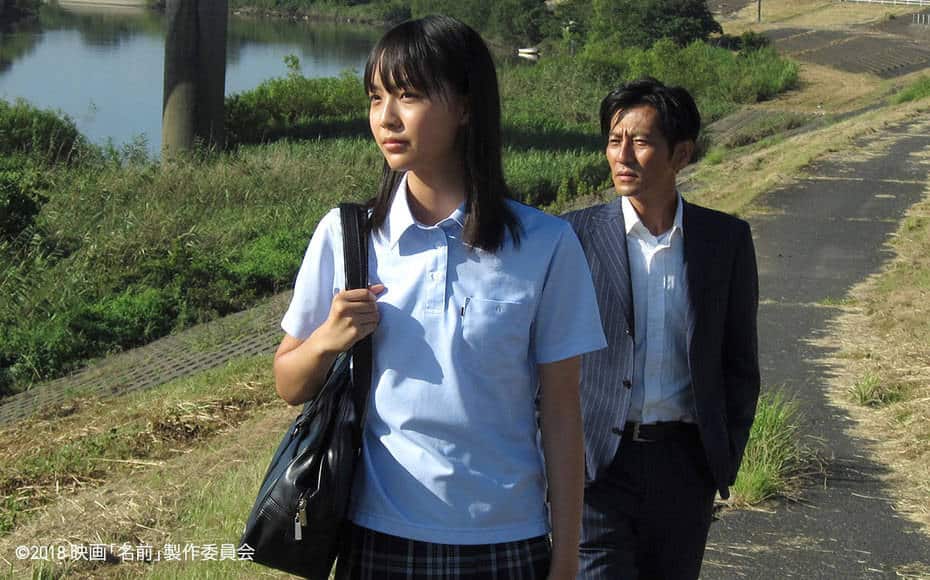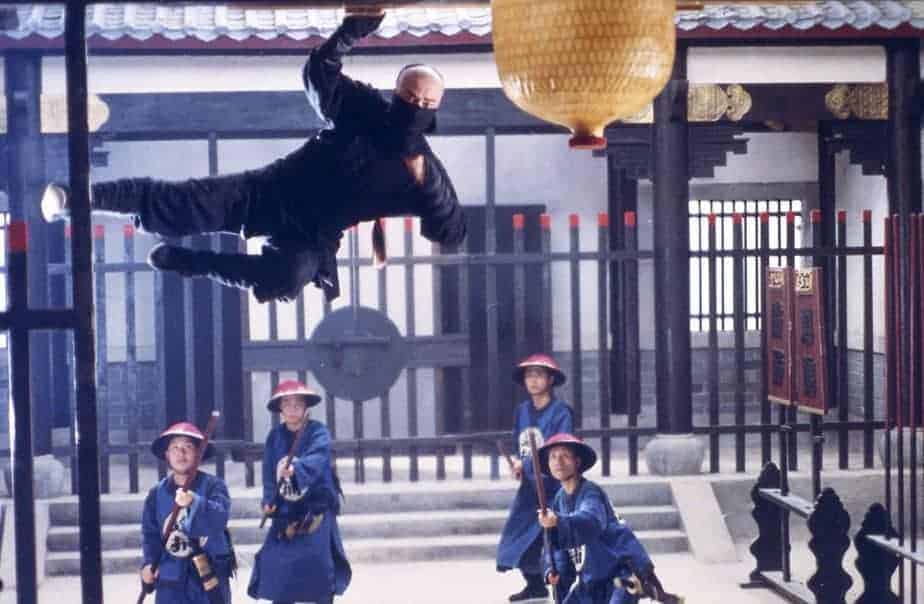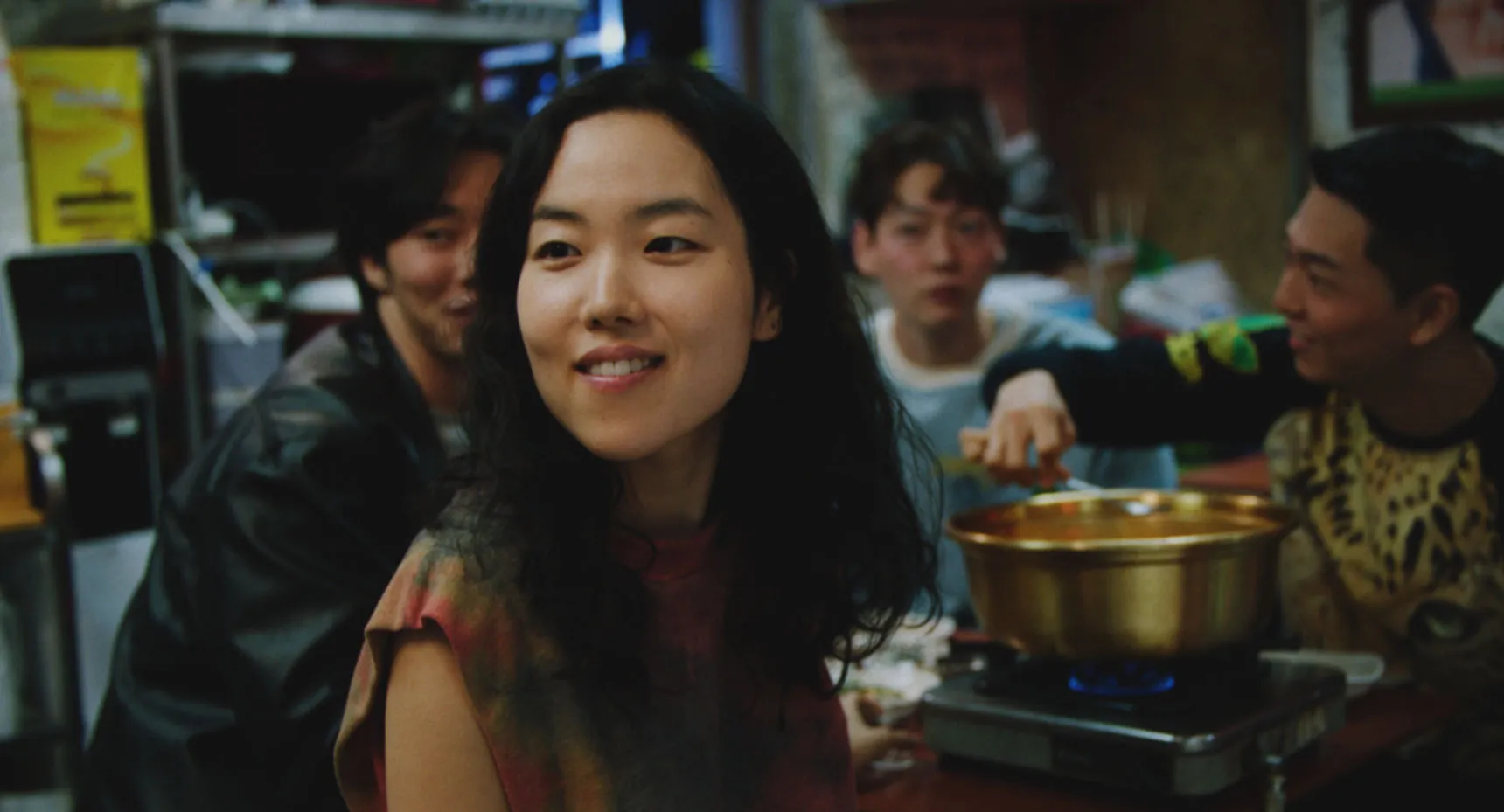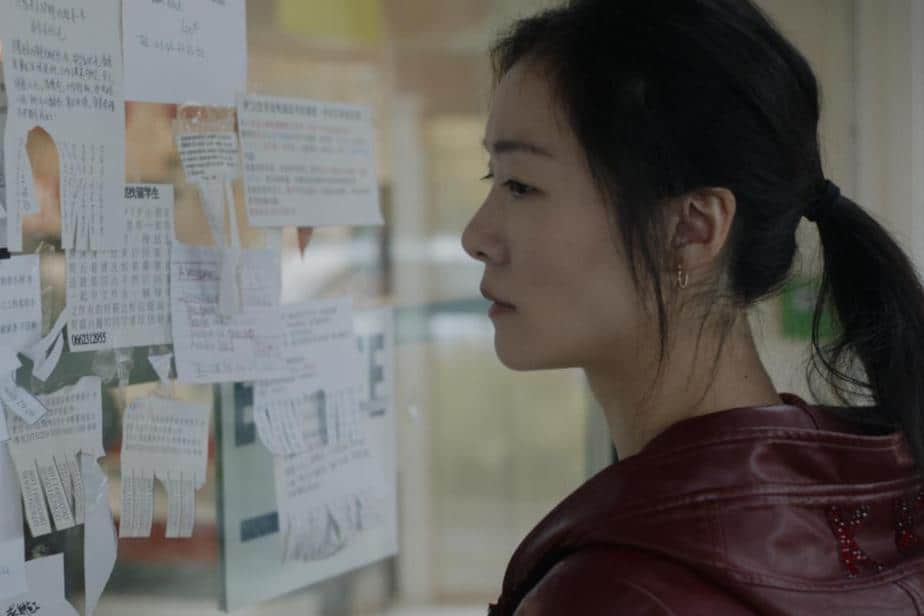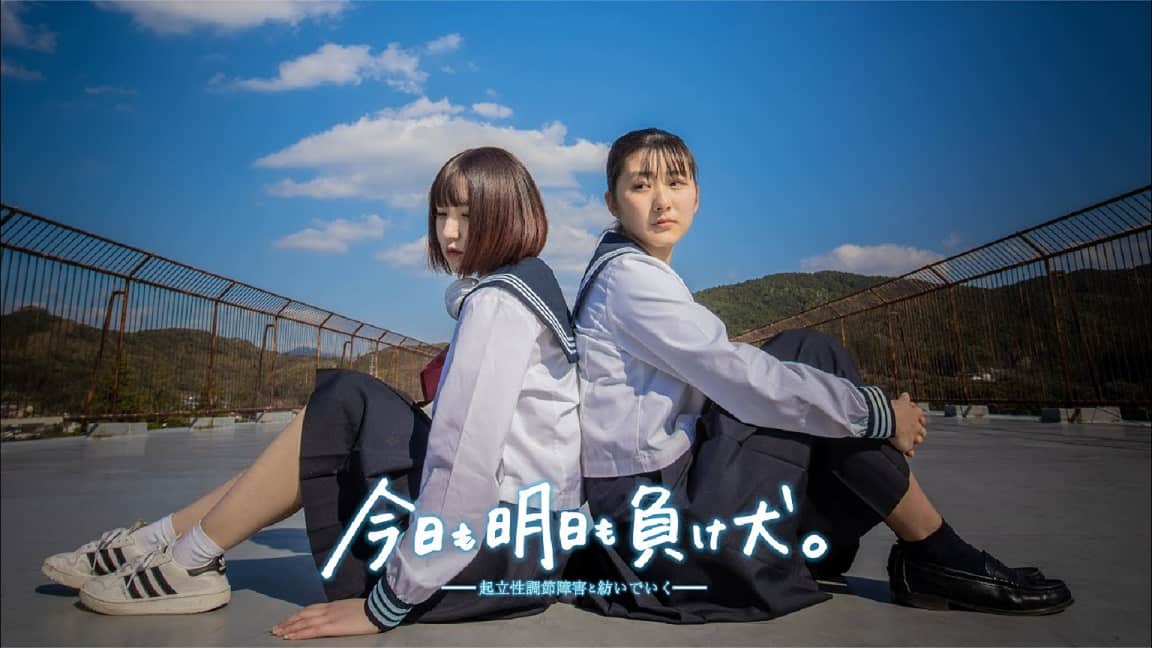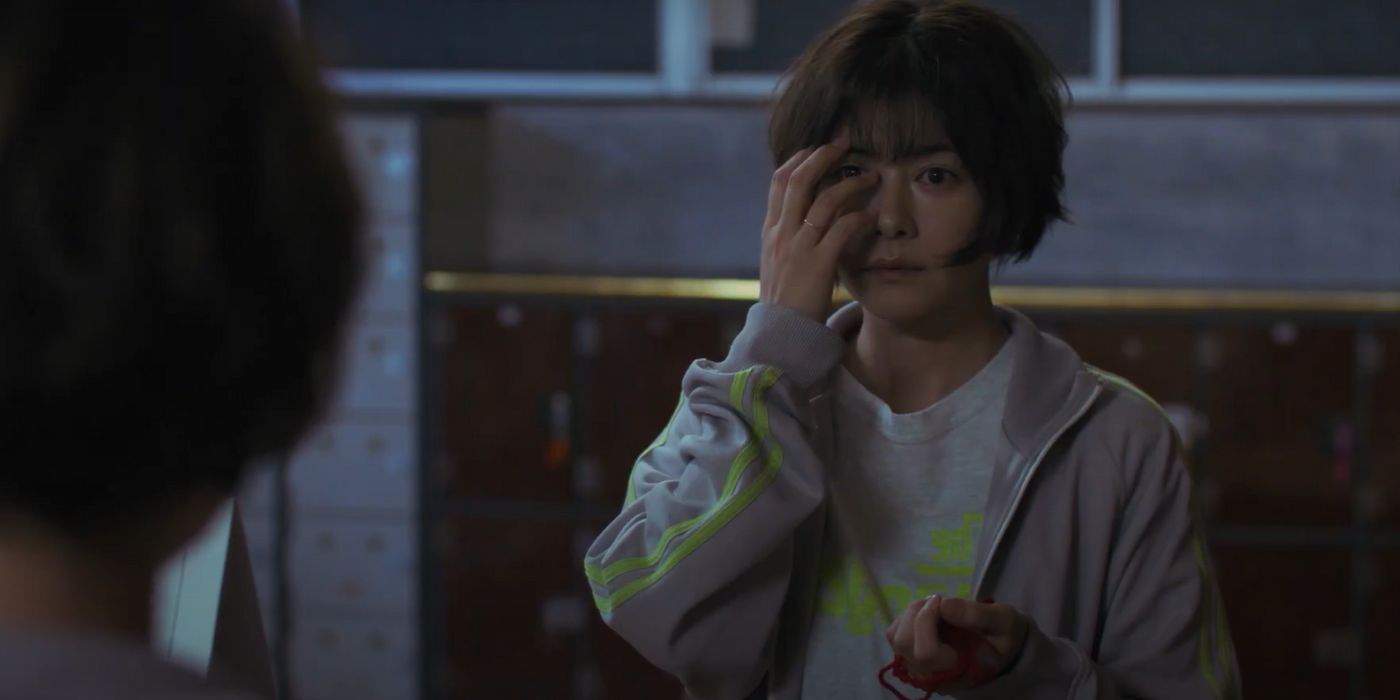Akihiro Toda's “The Name” is quite a strange film, as it combines two favorite Japanese genres, the school drama and the quirky comedy in a way that allows the two not to intermingle, almost at all.
The Name is screening at Nippon Connection

Masao is a 45-year-old and an utter failure. He has failed in his business and gone completely penniless, in his wedding, being divorced and with no current romantic relationships whatsoever, and his general social life, having almost no friends. Furthermore, he lies constantly to everyone he knows, including his boss in the factory he works and his colleagues, occasionally even using fake names. One day (and with another favorite Japanese theme, that of the “sudden girlfriend appearance), a mysterious high school girl named Emiko, who seems to know all about his secrets and lies, enters his life in the most unexpected fashion. The girl persists on hanging out with him, and Masao eventually starts warming up to her, explaining his life situation with every detail, and admitting facts he did not admit even to himself. At that point, the film changes course completely, and we become witnesses to the story of Emiko, in high school drama fashion, through some extensive flashbacks. Eventually, the two arcs meet.
As the film moves in two completely different axes, Toda presents a number of social comments. The concept of failure and what is perceived as such in the contemporary Japanese society is one of them, with Masao embodying this notion completely. The second comment, about hypocrisy, derives from the first one and is expressed, quite eloquently by Masao: “You can't survive as an adult without lying. The world does not accept you as you are”, in a rather pointy and kind of cynic remark about the reality of grownups. The third one is about loneliness, and is presented in rather quirky fashion, from the way Masao welcomes Emiko in his life, despite the fact that he does not know who she is, where she is coming from, and what she wants.
The second arc deals with other issues, in more dramatic fashion, that revolve around family and the lack of parenting, the need of people and particularly teenagers, to feel that they belong somewhere, and on a secondary level, about friendship and love in the school environment.
All of the above are joined together in the scene in the bridge, where both Masao and Emiko speak with honesty about their life story, in one of the most intense and meaningful sequences in the scene.
The narrative in general, is rather unusual in its presentation of the two, quite different arcs, but in the end I felt that this tactic actually suits the film, as it allows it to “escape” from the “rules” of both school and indie drama, thus creating a rather entertaining amalgam.
Toda bases the film on his actors to a significant degree and they both deliver in wonderful fashion. Kanji Tsuda (one of my favorite actors through his collaborations with directors like Kitano, Sono, Ishii etc) as Masao is great as the “loser”, who lives a sad life and lies to everybody including himself, in order to give some value to his life. Ren Komai is equally good as both the eccentric and the lost and sad Emiko, with her performance finding its apogee in the scenes where she presents her monologues. The chemistry of the two is also great and actually carries the film to a large degree, highlighting Toda's command of his actors in the process.
The cinematography in the film follows the realistic lines of the Japanese indie, with Kenichi Negishi's work in the department highlighting a number of different locations including the rural setting of Masao's home, the factory he works, and Emiko's school.
“The Name” is another fine sample of the Japanese indie film, which manages to entertain through its unusual but well implemented narrative and some fine acting.


